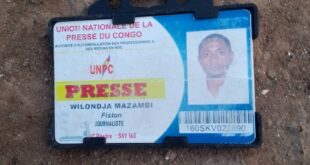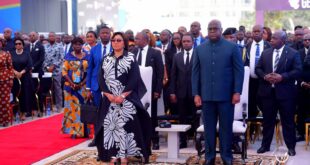By: Robert Patrick Fati Gakwerere
Aimable Karasira, a former lecturer at the University of Rwanda and outspoken YouTube commentator, has been detained since May 2021 on multiple charges stemming from his public criticism of the Rwandan government. The charges include genocide denial and justification, incitement to public disorder, spreading divisive statements, hate speech against the government, illicit enrichment, money laundering, and failure to declare the source of his income.
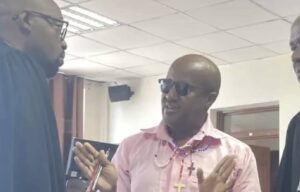
Prosecutors have called for a 30 year prison sentence and fines amounting to Rwf 130 million (approximately $100,000), citing serious consequences from Karasira’s online commentary. The prosecution has portrayed his remarks as harmful to national unity, particularly given Rwanda’s strict laws on genocide ideology and speech.
Karasira, however, maintains his innocence. He contends that his statements were misinterpreted and insists that he never intended to deny the 1994 genocide or incite division. His legal team also criticized the prosecution for introducing key evidence late in the trial, raising concerns over due process and procedural fairness. Aimable Karasira informed the court that he has never denied the Tutsi genocide, emphasizing that he is himself a Tutsi and a victim of the genocide.
Under duress, on the final day of his trial in July 2025, Karasira issued a formal apology in court, stating that he never intended to divide the nation or deny the genocide. He acknowledged the personal and national trauma caused by the 1994 events and clarified that his commentary was rooted in personal reflection, not hatred.
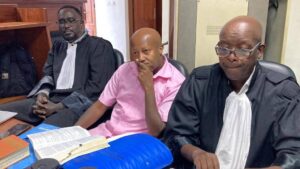
The court is expected to deliver its verdict on 30 September 2025.
Karasira’s case underscores the increasingly repressive environment for free expression in Rwanda. With fabricated evidence, closed-door proceedings, and harsh penalties for dissent, the Kagame regime continues to use the judiciary as a tool to silence criticism. Under this climate, Rwanda’s path to democratic reform remains elusive, as voices like Karasira’s are punished, not heard.
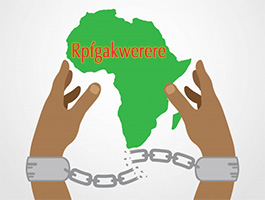 Africa Just another WordPress site
Africa Just another WordPress site

